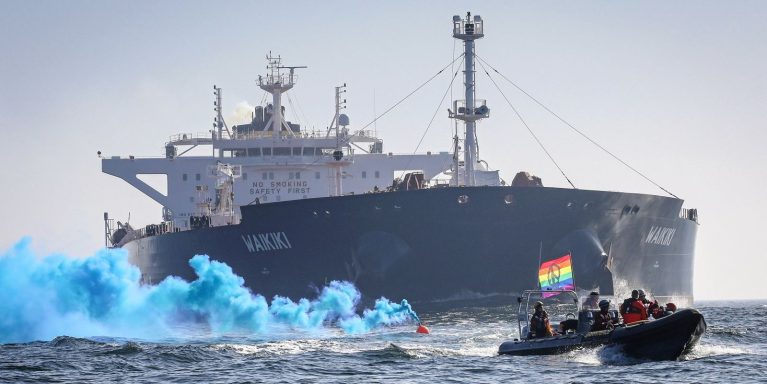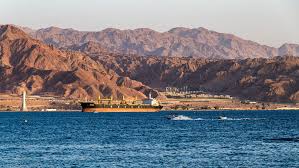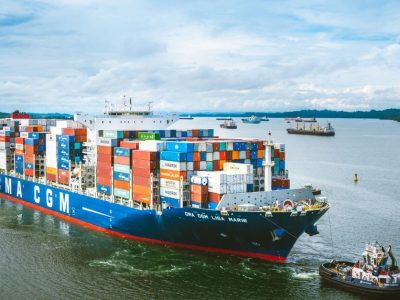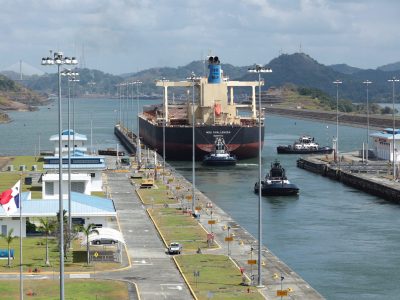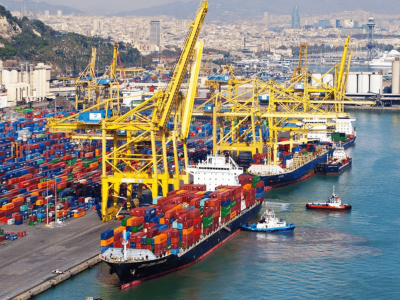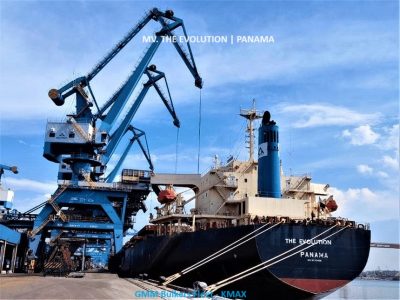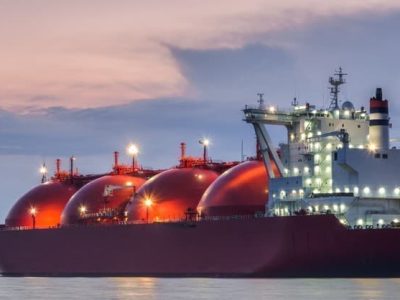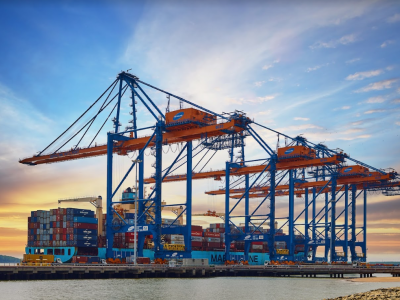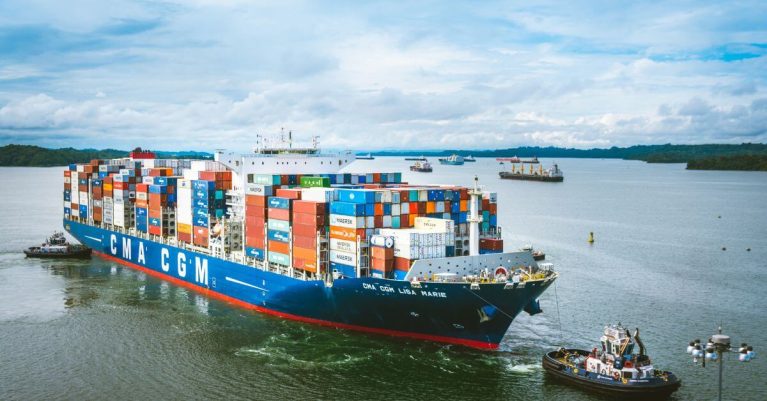By GMM News | 2025-06-20 | International Shipping News |
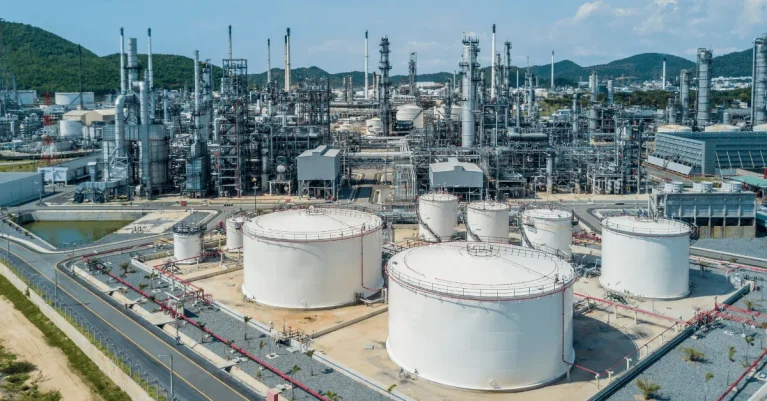
The European Union (EU) has sanctioned Nayara Energy Ltd., a Gujarat-based oil refinery partly owned by Russia’s Rosneft, in its latest sanctions package against Russia’s energy sector.
The announcement was made on Friday, marking the first time the EU has imposed sanctions on an Indian company since the Russia-Ukraine war began in 2022.
Nayara Energy, previously Essar Oil Ltd., operates a 20-million-tonne-per-year refinery in Vadinar, Gujarat, and manages more than 6,300 petrol pumps nationwide.
Rosneft, a Russian state-run oil and gas company, holds a 49.13% stake in Nayara. The rest is owned by SPV Kesani Enterprises Co. Ltd. and individual investors. The refinery is India’s second-largest and produces about 400,000 barrels per day.
Nayara can no longer ship refined products like diesel and petrol to the European Union countries. The EU’s foreign policy chief said this is the first time the bloc is targeting a flag registry and the largest Rosneft-linked refinery in India.
The EU’s 18th sanctions package also includes a reduction of the oil price cap, from $60 per barrel to $47.60, for Russian oil. This cap applies to countries using Western shipping, insurance, and financial services, which are mostly controlled by G7 nations. The aim is to limit Russia’s oil revenues while maintaining stable global oil supplies.
The EU further announced an import ban on petroleum products made from Russian crude oil when exported through third countries. This affects countries like India, Turkey, and the UAE, which have been buying discounted Russian crude, refining it, and exporting the fuels to Europe. Only a few countries, including the United States, United Kingdom, Canada, and Switzerland, are exempted.
A total of 105 more ships were added to the list of vessels in Russia’s “shadow fleet,” bringing the total to 444. These ships are accused of secretly transporting Russian oil to evade sanctions. One vessel’s captain and the operator of a flag registry have also been sanctioned.
This shadow fleet, estimated at 100 ships in 2023, has grown to around 800 by 2025, according to sources. The EU has also banned these vessels from accessing EU ports and using European maritime services.
The new package also expands banking restrictions. A total transaction ban has been imposed on 45 Russian banks, and 26 new entities have been added to the sanctions list for supplying goods to Russia and Belarus’s military sectors. The total number of individuals and entities on the EU sanctions list has now crossed 2,500.
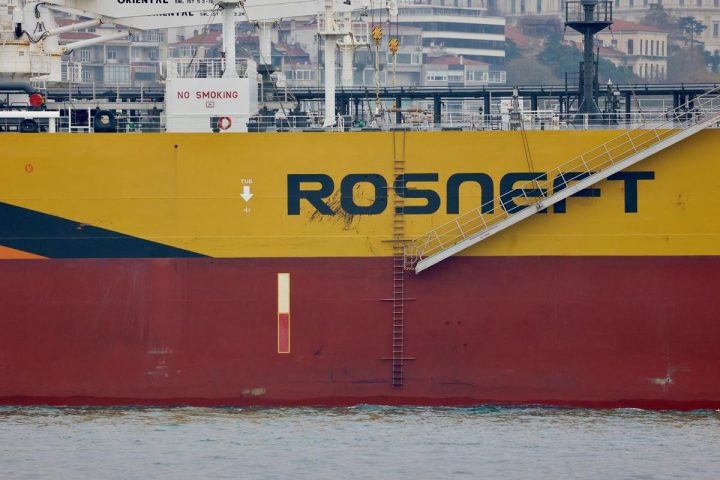
The Indian Ministry of External Affairs (MEA) responded to the move, stating that India does not support unilateral sanctions. MEA spokesperson Randhir Jaiswal said India is a responsible country and is committed to all its legal obligations. He added that energy security is of utmost importance to India and that there should not be any double standards in energy trade.
India has been one of the largest buyers of Russian crude oil since 2022. After European countries stopped buying oil and gas from Russia due to the war, Moscow turned to Asian buyers. As a result, Russia now accounts for about 35% to 40% of India’s total crude oil imports.
Analysts suggest that the lowered price cap could benefit countries like India and China, which will continue buying Russian crude at cheaper rates. However, the sanctions will restrict India’s ability to export refined products made from Russian crude to Europe.
Meanwhile, in the United States, Congress is debating stricter sanctions on countries importing Russian crude oil. India, China, and Brazil were specifically named by American lawmakers as countries that could face future penalties for continuing oil trade with Moscow.
Slovakia’s Prime Minister Robert Fico, who had concerns over energy security, withdrew his objection to the sanctions after receiving assurances regarding a potential EU-wide ban on Russian gas imports by 2028.
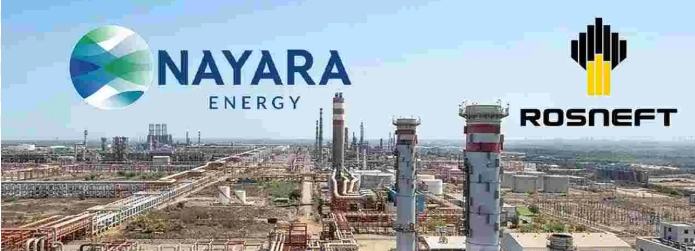
Additionally, 14 individuals and 41 entities have also been newly sanctioned in this 18th package. Full-fledged sanctions, including travel bans, asset freezes, and restrictions on financial dealings, apply to all the newly listed names and companies.
References: newindianexpress, wionews

